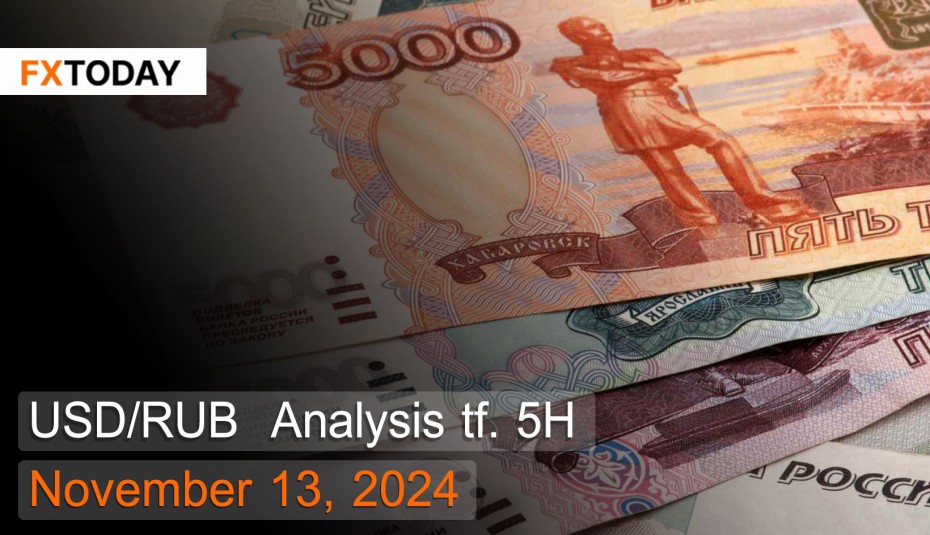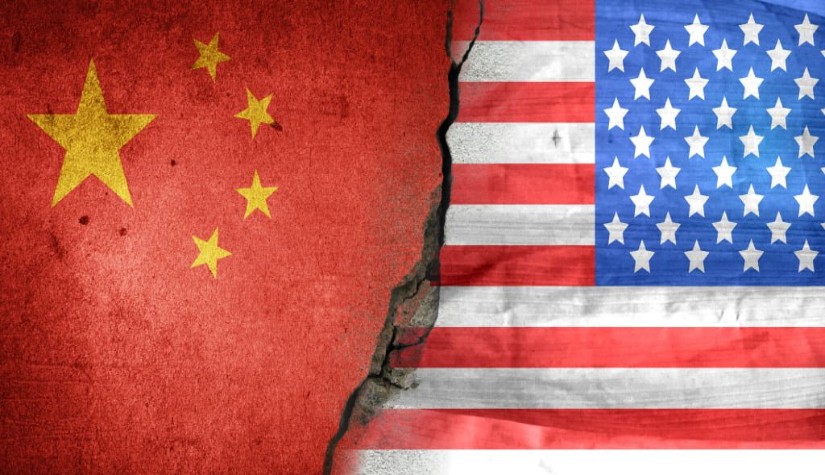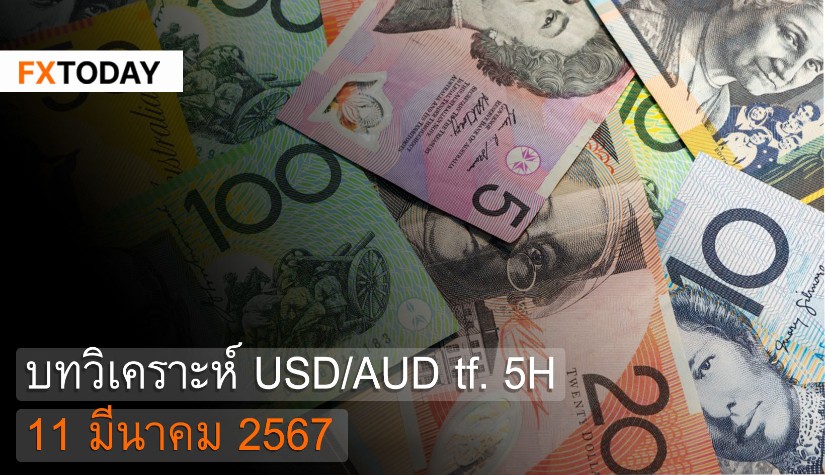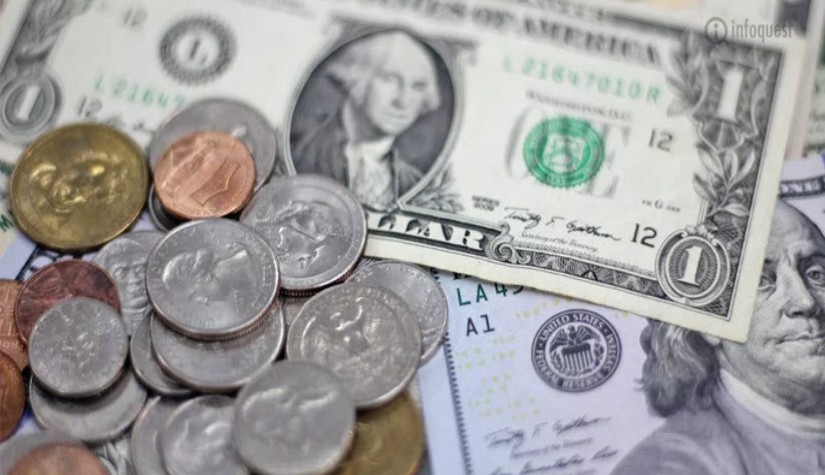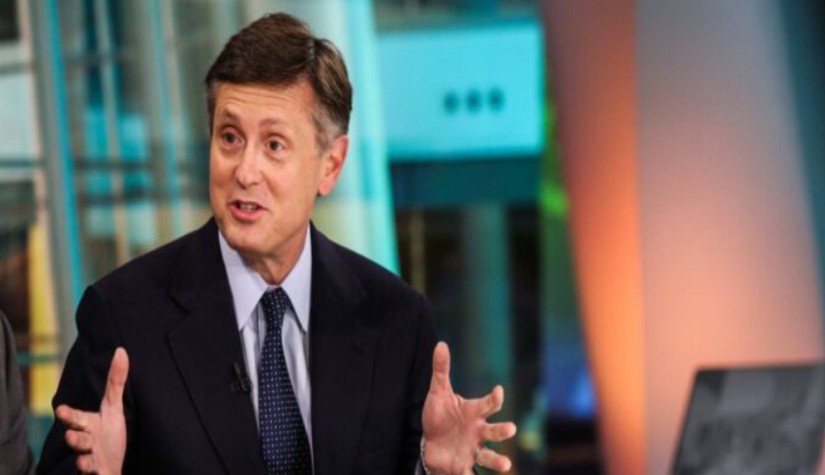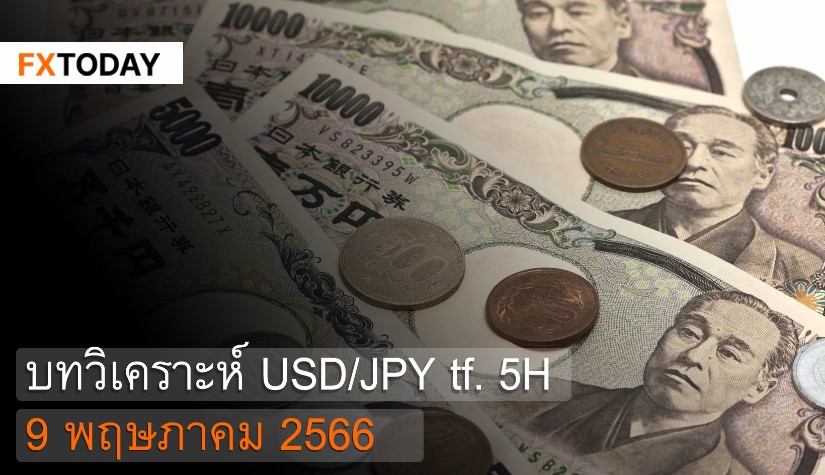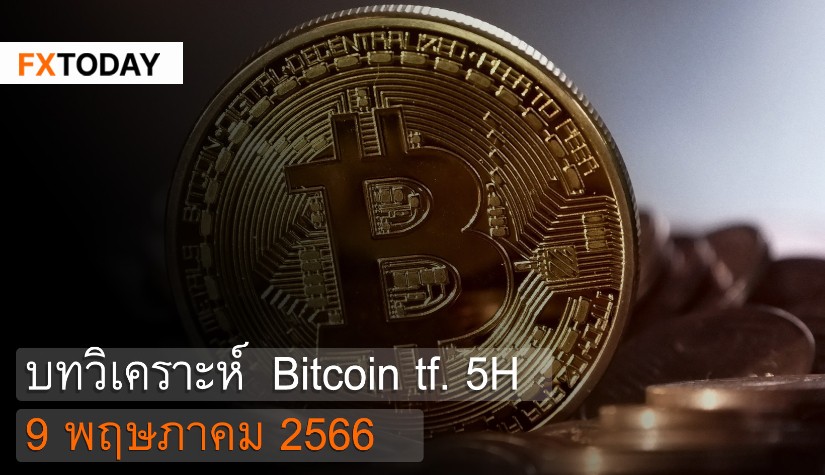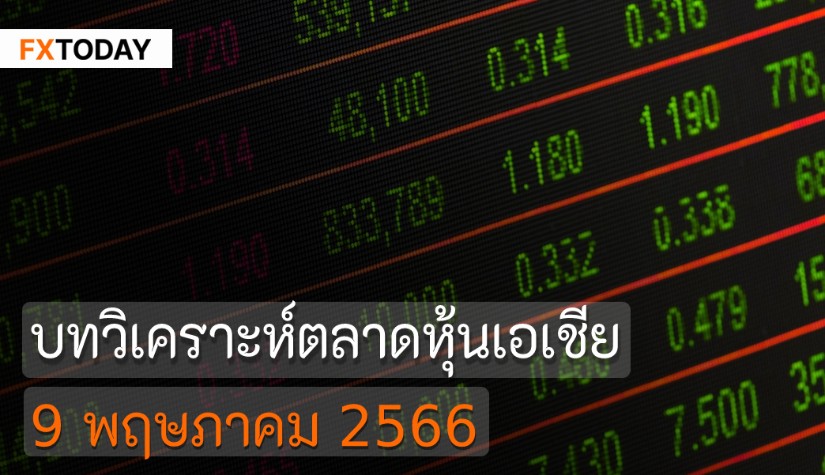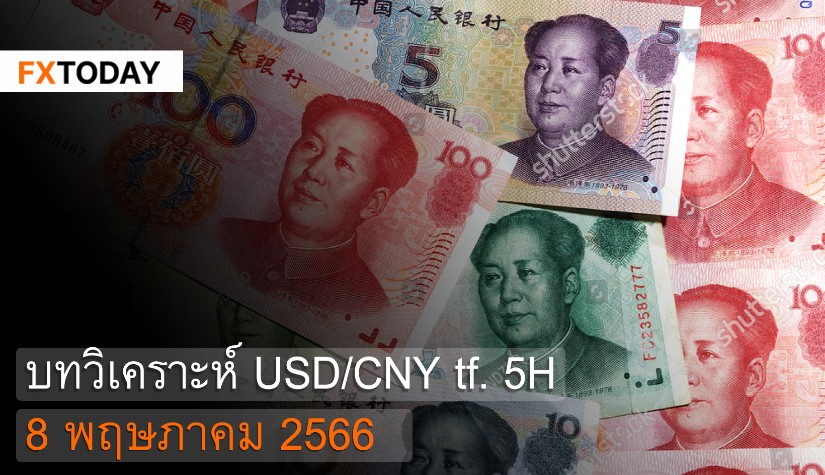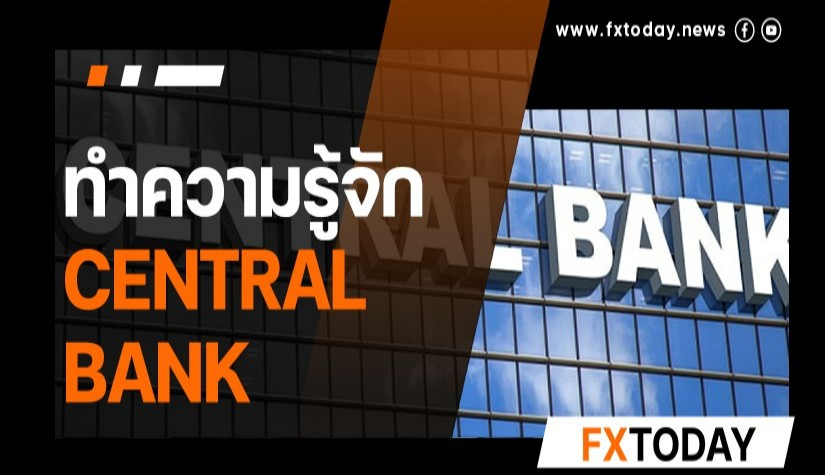Russia continues to face pressure from rising inflation.
Since early November, the Russian ruble has weakened to below 100 rubles per U.S. dollar for the first time in a year due to a stronger dollar following Donald Trump’s election victory and the impact of sanctions directly affecting Russian export companies. This prompted the government to relax foreign currency conversion policies for revenue, reducing the requirement from 80% to only 25% for major export businesses, significantly lowering demand for rubles. Additionally, China’s economic slowdown has reduced demand for Russian goods, and the Central Bank of Russia’s (CBR) rate hike to 21% has further intensified pressure on the ruble. Inflation is expected to continue rising.
Russia’s manufacturing PMI rose to 50.6 from 49.5 in October, signaling a slight recovery in factory activity after a prior contraction, largely driven by a surge in export orders to the highest level since 2008, despite overall new orders remaining down. Employment increased slightly, but production costs rose rapidly due to the weaker exchange rate and higher transport costs, leading manufacturers to pass on these increased costs to customers.
Russia’s services PMI increased to 51.6 from 50.5 in October, reflecting growth in output and a continued rise in new orders for the fourth consecutive month, though growth has shown signs of slight deceleration. Employment growth accelerated, while production costs saw inflation rise to a multi-month high due to the weaker exchange rate and heightened price competition.
The Central Bank of Russia raised the key interest rate by 200 basis points to 21% in October, surpassing market expectations of a 100 bps increase. This signals the likelihood of further rate hikes in the upcoming December meeting. This policy rate has reached a historic high to counter the rapid depreciation of the ruble following Russia’s invasion of Ukraine in 2022. The central bank stated that inflation had risen more than expected in the last quarter due to domestic demand exceeding Russia’s economic capacity. Additionally, Western sanctions and a labor crisis have further intensified inflationary pressures.
Russia’s unemployment rate remained at a record low of 2.4% in September, marking the lowest level for four consecutive months, consistent with market expectations. This highlights the ongoing labor shortage issue due to workforce migration after mobilization efforts for reinforcement in the ongoing conflict. The number of unemployed remained steady at 1.8 million in September.
Techical analysis data (5H)
Resistance: 98.6903, 99.0828, 99.5647
Source: Investing.com
Buy/Long 1: If the price touches support in the price range of 97.334 - 97.8158 but cannot break the support at 97.8158, you may set a TP at approximately 99.0828 and SL at around 96.9414 or according to your acceptable risk.
Buy/Long 2: If the price breaks the resistance in the price range of 98.6903 - 99.0828, you may set a TP at approximately 99.5647 and SL at around 97.334 or according to your acceptable risk.
Sell/Short 1: If the price touches resistance in the price range of 98.6903 - 99.0828 but cannot break the resistance at 98.6903, you may set a TP at approximately 97.334 and SL at around 99.5647 or according to your acceptable risk.
Sell/Short 2: If the price breaks the support in the price range of 97.334 - 97.8158, you may set a TP at approximately 96.9414 and SL at around 99.0828 or according to your acceptable risk.
Pivot point November 13, 2024 08:10 PM. GMT+7
|
Name
|
S3
|
S2
|
S1
|
Pivot Points
|
R1
|
R2
|
R3
|
|---|---|---|---|---|---|---|---|
| Classic | 96.9414 | 97.334 | 97.8158 | 98.2084 | 98.6903 | 99.0828 | 99.5647 |
| Fibonacci | 97.334 | 97.668 | 97.8744 | 98.2084 | 98.5424 | 98.7488 | 99.0828 |
| Camarilla | 98.0572 | 98.1374 | 98.2175 | 98.2084 | 98.3778 | 98.458 | 98.5381 |
| Woodie's | 96.986 | 97.3563 | 97.8604 | 98.2307 | 98.7349 | 99.1051 | 99.6093 |
| DeMark's | - | - | 98.0121 | 98.3065 | 98.8865 | - | - |

